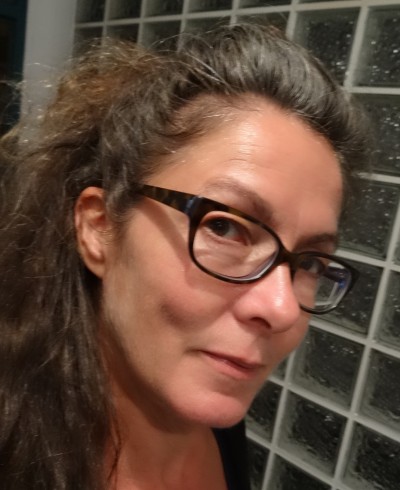We Must Learn to Listen to our Early Years Children

It’s hugely important for every child to feel that they have a voice, that what they have to say is important and that they can also be trusted to contribute to adult conversation, says Nikky Smedley

- by Nikky Smedley
- Writer, educator, consultant and former LaaLaa from Teletubbies Visit website

What does it feel like to be a child?
“I feel like I’m just an ant in the world; some people don’t listen to me that well. Like nothing that I’m saying is important.”
W (male)
A recurring theme in the ‘How to Speak Child’ interviews is the complaint that adults don’t really, properly, listen to children.
This is particularly prevalent throughout the youngest age groups. The young chap quoted above was absolutely adamant that this was the number one lesson that grown-ups should apply to their communications with children, repeating the word “Listen!” loudly and often.
Extremely bright and articulate, he also explained that, “Listening and communicating together equals bonding,” before settling on his heart-wrenching simile. Let’s face it, no one wants to feel like an ant in the world (except perhaps an ant).
It can be difficult for us to truly understand and empathise with the level of powerlessness that young children feel.
From our perspective, we can see the benefits they enjoy from not being in charge, the security of always having someone to run to when things get sticky and the freedom from our tedious and wearing day-to-day responsibilities.
However, they are rarely aware of these positives. From where they’re standing, if they don’t feel validated, it’s just incredibly frustrating and can lead to some startlingly bad behaviours – those ants can bite when they need to exert their personalities.
To some extent, I think it’s even possible for us to use a different set of ears for children from the ones we use for adults, as if we expect what children have to say to be less important than what adults have to impart, so we don’t listen as hard or as carefully.
We don’t give them as high a quality of attention as we do our peers – and children aren’t stupid, they’ll spot that going on.
Invite their input
As an educator, you only have jurisdiction over what happens in your classroom, and you will see the effects of how different children have been treated elsewhere, manifested in your domain.
You then have a difficult trick to pull off. You want to encourage the quieter children to open up but not at the expense of dissuading your already more vocal individuals from feeling free to express themselves too.
So make sure that you offer plenty of varied invitations for your children to articulate their feelings and opinions, without fear of them being dismissed or ignored.
Different situations and activities will encourage different children to feel brave enough to vocalise what’s really going on inside.
It’s hugely important for every child to feel that they have a voice, that what they have to say is important and that they can also be trusted to contribute to adult conversation.
Sometimes our children don’t need any more stimulation than that – they just want to have an opportunity to try to engage on a grown-up level; it’s something that many of them are well aware that they need to practice.
It’s a way of helping them feel that they have some of your respect, as well as your love, and that’s as important to a small child as it is to you or I.
Nikky Smedley is a writer, educator and passionate advocate for the child. As part of the How to Speak Child project, Nikky has been collecting interviews with children about how adults communicate with them.
She’ll look at a selection of prominent themes over the course of the series, but to read more now, you can head to the How to Speak Child blog, at howtospeakchild.com/blog join her Facebook page at facebook.com/Howtospeakchild.










